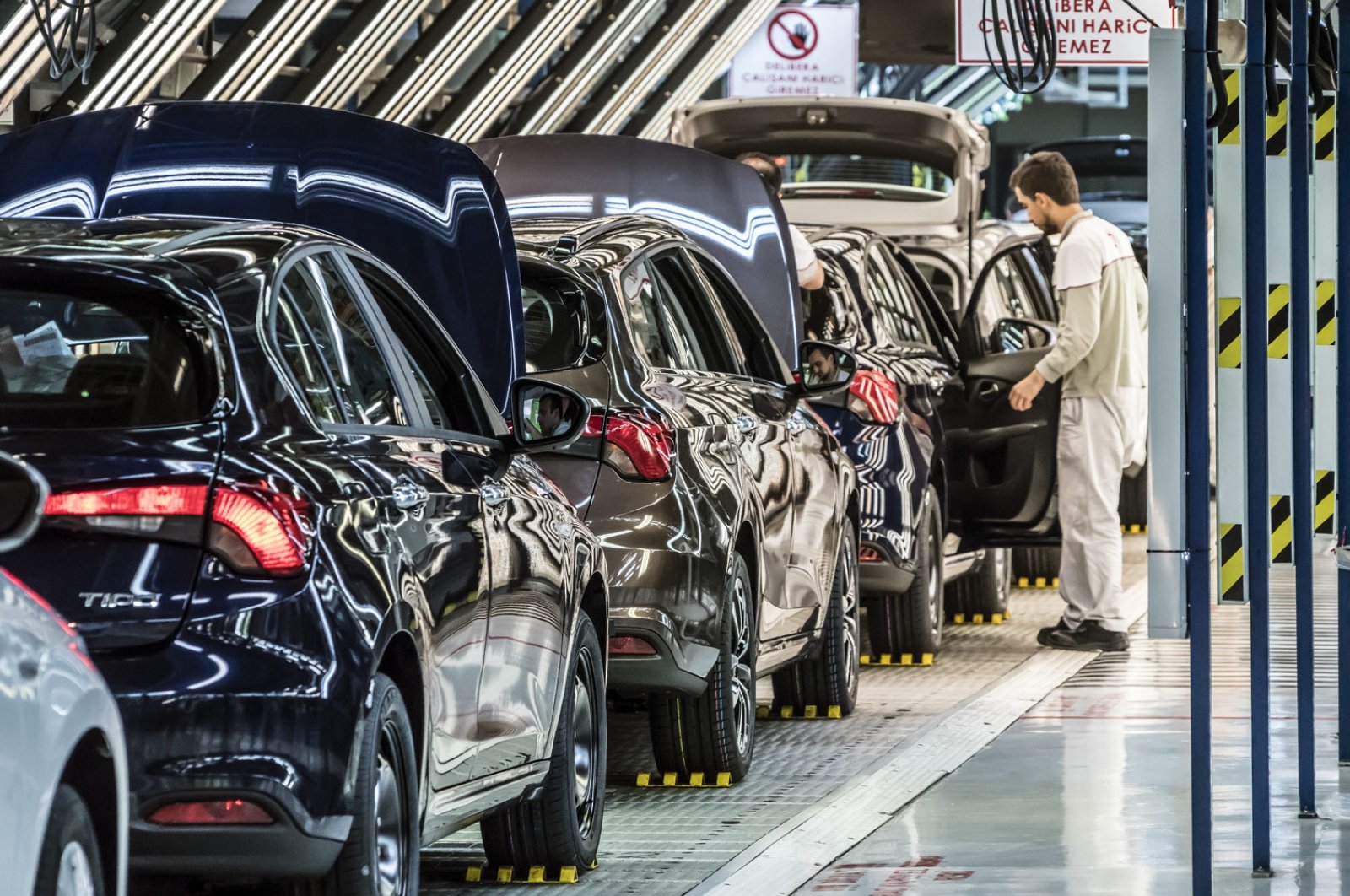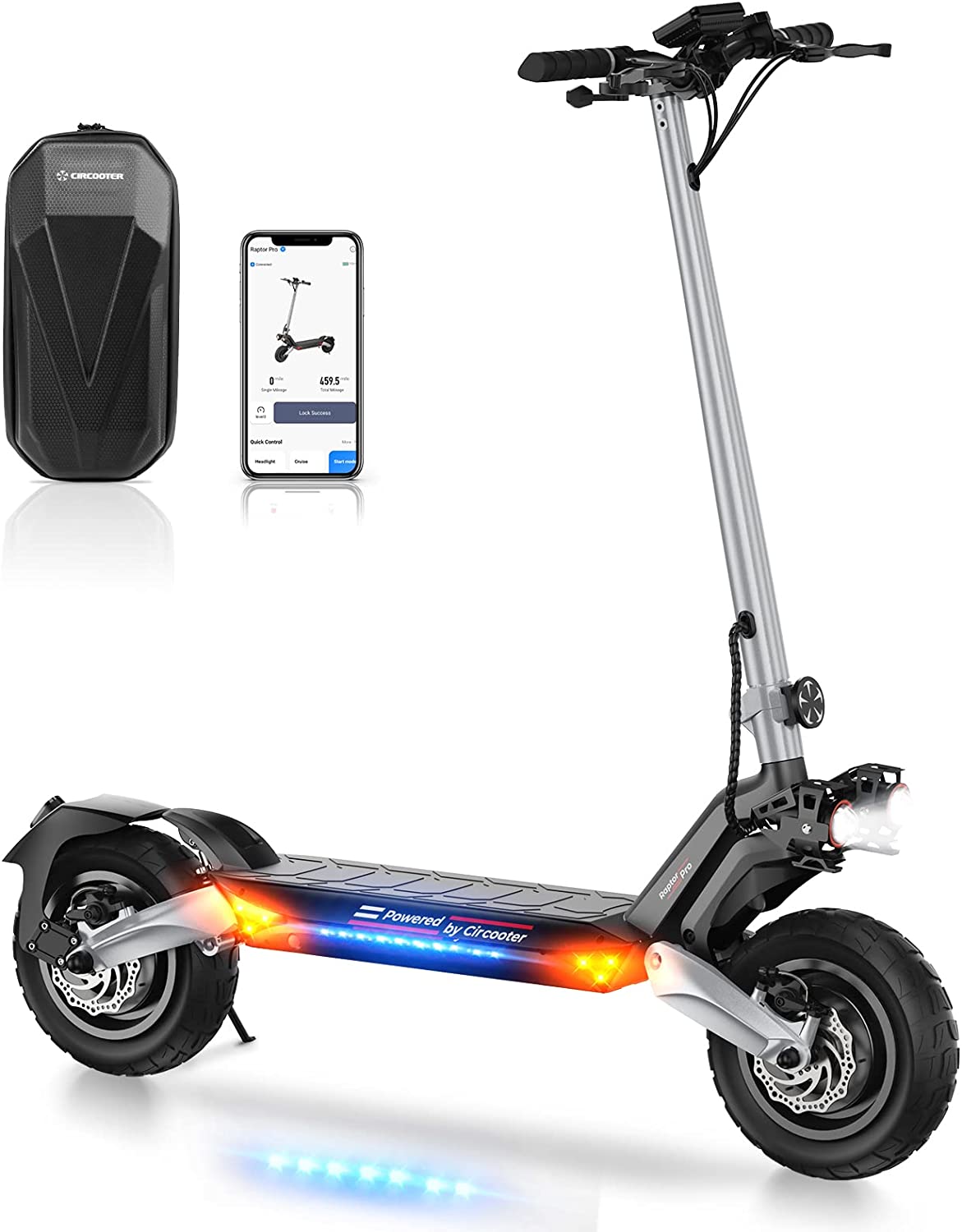Porsche is a luxury brand with a rich history, and it’s not just the cars that make them stand out. The company also has an extensive lineup of service and repair centers worldwide that can help owners get their vehicles back on the road when they break down. A porsche auto body repair in Houston has listed some common Porsche problems and how to fix them.
Table of Contents
Key Fob Issues
A key fob is a device that attaches to your car’s key ring. It contains a transmitter and receiver, which communicate with each other when you’re within range of the fob. The transmitter sends signals to your car’s ignition system, telling it what gear to be in, how fast or slow, and so on. When you press the start button, those same signals cause your car’s engine to turn over and start running (if everything is working correctly).
Worn Engine Valve Seals
Engine valve seals are a crucial part of the engine’s operation. They help maintain pressure within the combustion chamber and keep dirt, debris, oil, and water from entering it.
Worn engine valve seals can cause many problems, including reduced power output, rough idling, or even complete failure of one or more cylinders. If you suspect that your Porsche has worn-out valve seals, then it’s essential to replace them as soon as possible so that you don’t damage your car.
Clutch Problems
Clutch problems can be caused by worn clutch plates, a faulty master cylinder, a faulty pressure plate, and many other things. The most common cause of clutch failure is when the flywheel overheats due to lack of lubrication or excessive wear.
HVAC Problems
One of the most common problems in Porsches is the HVAC system. The HVAC system is responsible for cooling and heating your car, but it can also be a source of trouble if you don’t take care of it properly.
To diagnose an issue with your Porsche’s HVAC unit, start by checking out all of its parts:
- Check if there are any leaks around any seals or gaskets on your air vents. If so, this would indicate that water might have gotten inside, which could lead to corrosion.
- Ensure all filters are clean and precise (including ones in underbody intakes) before putting them back in place again. Even tiny particles sticking out from the inside could prevent proper airflow through those areas while driving down streets at high speeds!
Wheel Bearing Failure
If you’re driving your Porsche and it feels like the wheels are slipping, there’s a chance that they have failed. This can happen in many ways, but one of the most common causes is faulty wheel bearings.
When a wheel bearing wears out, it becomes loose and loses its ability to hold up against centrifugal force from turning the vehicle’s wheels at high speeds. If left uncorrected for too long, this can result in an accident or severe damage to other parts of your car, such as transmission or suspension components (such as springs).
To prevent this from happening, you need to ensure that your Porsche has been appropriately maintained by professionals who specialize in keeping Porsches like yourself!
Engine Light Issues
If you see the Engine Light on, the first thing to do is check your engine oil level. If it’s low, add some fresh oil and keep an eye on it until the light goes off. Make sure that there isn’t any water in your car; this can cause problems with your engine and its cooling system.
If none of these solutions work for you, then it might be time for an auto repair expert to come over and help out!
The car won’t start
Several things can cause your car not to start. The most common issues include the following:
- Battery and alternator
- Starter
- Fuses, starter, fuel pump, and other electrical components (including the ignition system)
Check to ensure it’s not swollen if you have a dead battery. Replace the battery if it has been in storage for a long time. To test whether your alternator or starter is working correctly: put your key into position two and turn it over several times until you hear one click from each relay/switch terminal on both sides of its circuit block; this will indicate that all relays have switched off correctly — if not repeat this process several times before turning off again by turning off with key position one instead of 2; then try starting your car again.
Leaky sunroof
A leaky sunroof is a common Porsche problem caused by several factors. If you have a leaky sunroof, check your car’s manual to see if there are any tips for fixing it.
If you need to figure out whether your Porsche has a leaky sunroof, try taking off the roof panel and shaking it out into some water. If water drips into the passenger compartment, there’s probably something wrong with your roof panel.
If this doesn’t work out, consider having an expert look over the situation at no cost to yourself; they’ll be able to tell if anything needs replacing or repairing before they start working on it themselves!
Oil leak
A loose oil filter can cause an oil leak. A flexible oil filter has detached from its housing, allowing it to spin freely inside the car. This can cause damage to other parts of your Porsche’s engine and may also cause friction between moving parts which could lead to an even bigger problem down the road.
The next thing you should check for is if there are cracks in your engine block or cylinder head—if so, you’ll need to replace these components before further diagnosing potential causes of your car’s current issue(s).
Be safe with a little style.
The safety of your car is essential, but it’s not just about the looks. You want to ensure that you’re keeping your Porsche as safe as possible and keep it running like new for years to come.











